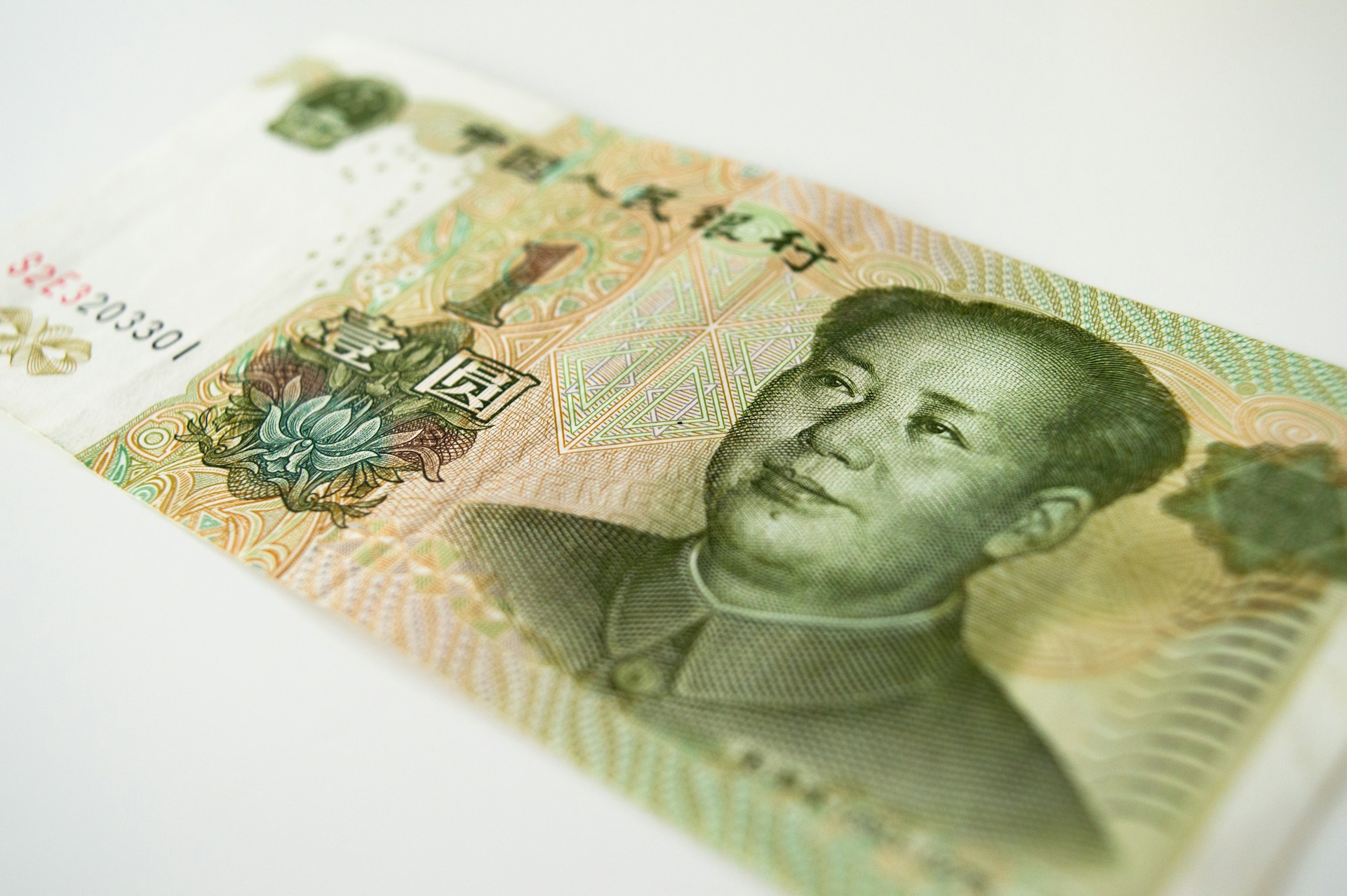German Companies Remain Invested in China Despite Calls for Decoupling
“De-risking” and the more extreme “decoupling” are terms now frequently heard in political discourse. Both German Chancellor Olaf Scholz (SPD) and European Commission President Ursula von der Leyen (CDU) advocate for reducing German companies’ dependence on the Chinese market, particularly the automotive sector. While a complete decoupling, as some U.S. politicians propose, is not on the European agenda, the general direction is clear: less reliance on China, reduced risk, and presumably greater prosperity.
However, it appears that German companies are not following this directive. In the first three months of this year alone, German direct investments in China totaled $2.5 billion. In the second quarter, they surged to $4.8 billion, making a combined total of $7.3 billion. For the entire year of 2023, the sum was $6.5 billion.
A few recent corporate announcements illustrate this trend: On May 21, Kesseböhmer, a furniture company from Lower Saxony, expanded its factory in Changzhou; on June 6, the Zimmer Group, a plastics processing company from Baden, opened a new plant in Jintan; on July 27, Rollon, a drive technology company from Düsseldorf, opened a new facility in Suzhou, near Shanghai.
The trend is expected to continue in the coming months. Volkswagen plans to expand its production in Hefei, the capital of Anhui Province, with an investment of $2.5 billion. BMW is investing the same amount in its plant in Shenyang. The construction of BASF’s large integrated site in Zhanjiang, scheduled for completion by 2030, is also underway, with a total cost of $10 billion.
Not Even Diversification
A significant portion of these investments likely stems from the profits of these companies in China, representing reinvestment in existing production capacities. This trend, noticeable in 2023, has intensified: “Between 2021 and 2023, German companies invested as much anew in China as they did in the six years from 2015 to 2020,” notes the Cologne Institute for Economic Research (IW). For the first time since 2014, the share of German direct investments in China compared to the rest of the world has exceeded ten percent. Even more striking, according to IW researchers: “There is no evidence of diversification.” German companies are not only continuing to invest in China, but they are also missing opportunities to become less dependent on China by engaging in similar activities in other Asian countries.
It almost seems as if companies are complying with political directives only as much as absolutely necessary. For example, Volkswagen and BASF have withdrawn from the Xinjiang region, where the Muslim Uyghur minority suffers severe human rights abuses.









